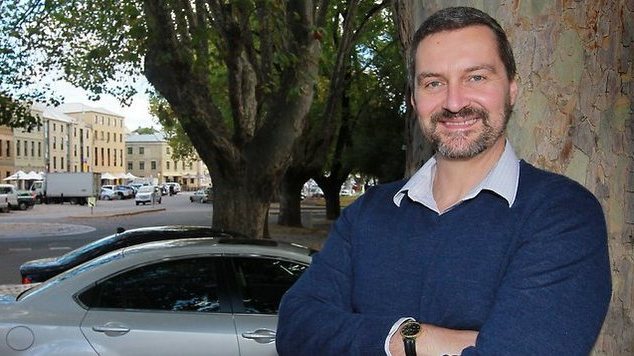
The Tasmanian government has announced it will move legislation next year to allow criminal records for gay sex to be expunged. The government will also apologise to those who were prosecuted.
In 1997 Tasmanian became the final Australian state to decriminalise private, consenting, adult male sex, and it will be the first to provide a formal apology to those arrested and their families.
The specific crimes that will be covered by the apology are:
- Section 122(a) – sexual intercourse against the order of nature;
- Section 122(c) – consensual sexual intercourse between males; and
- Section 123 – indecent practices between males.
Tasmania’s Attorney-General Vanessa Goodwin said the legislation being introduced will ensure that any individual prosecuted under these offences will no longer suffer distress or be disadvantaged by a criminal record in relation to travel, employment, and volunteering.
Tasmanian gay rights advocates have welcomed the announcement. Tasmanian Gay and Lesbian Rights Group spokesperson, Rodney Croome, said the announcement will be a great relief for many people.
“For those men who were prosecuted in Tasmania for simply being in same-sex relationships it will be a great relief to be rid of the disadvantage and stigma that comes with an unfair criminal record.”
“I am proud that Tasmania will be the first state to apologise to those arrested and their families because it will lift a burden from their shoulders and send the strongest message yet that Tasmania is a progressive and inclusive society.” Mr Croome said.
Mr Croome welcomed the Government’s decision to allow the possibility of expungement for other former “crimes”.
“Tasmania was the only state to criminalise cross dressing and I look forward to people targeted under those provisions having he opportunity to clear their names and their records.”
Mr Croome said his preference is for expungement applications to be made by an independent expert panel, as proposed by the Anti-Discrimination Commissioner, Robin Banks. The Anti-Discrimination Commissioner developed a report highlighting that injustice of the convictions remaining valid.
The government has however rejected this proposal opting instead to have applications processed through the Secretary of the Department of Justice, arguing that this is consistent with how other jurisdictions have managed this process.
The other states that have already passed expungement legislation are South Australia, Victoria, NSW, and the ACT. None have offered formal apologies to those arrested.
Western Australia’s Attorney-General Michael Mischlin has previously told OUTinPerth that he believes legislation of this kind is unnecessary, highlighting that individuals can apply to have their convictions deemed “spent” by applying to the courts individually.
Under Tasmania’s former anti-gay laws the maximum penalty for consenting adult private male sex was 21 years in gaol, the highest in the western world. Tasmania removed their laws against homosexuality in 1997, while Western Australia decriminalised homosexuality in 1990. The age of consent for gay men in Western Australia was kept at 21 years of age until 2002.
In Tasmania a decade-long campaign to repeal these laws involved the United Nations Human Rights Committee, the Federal Government, the High Court and Amnesty International.
OIP Staff





